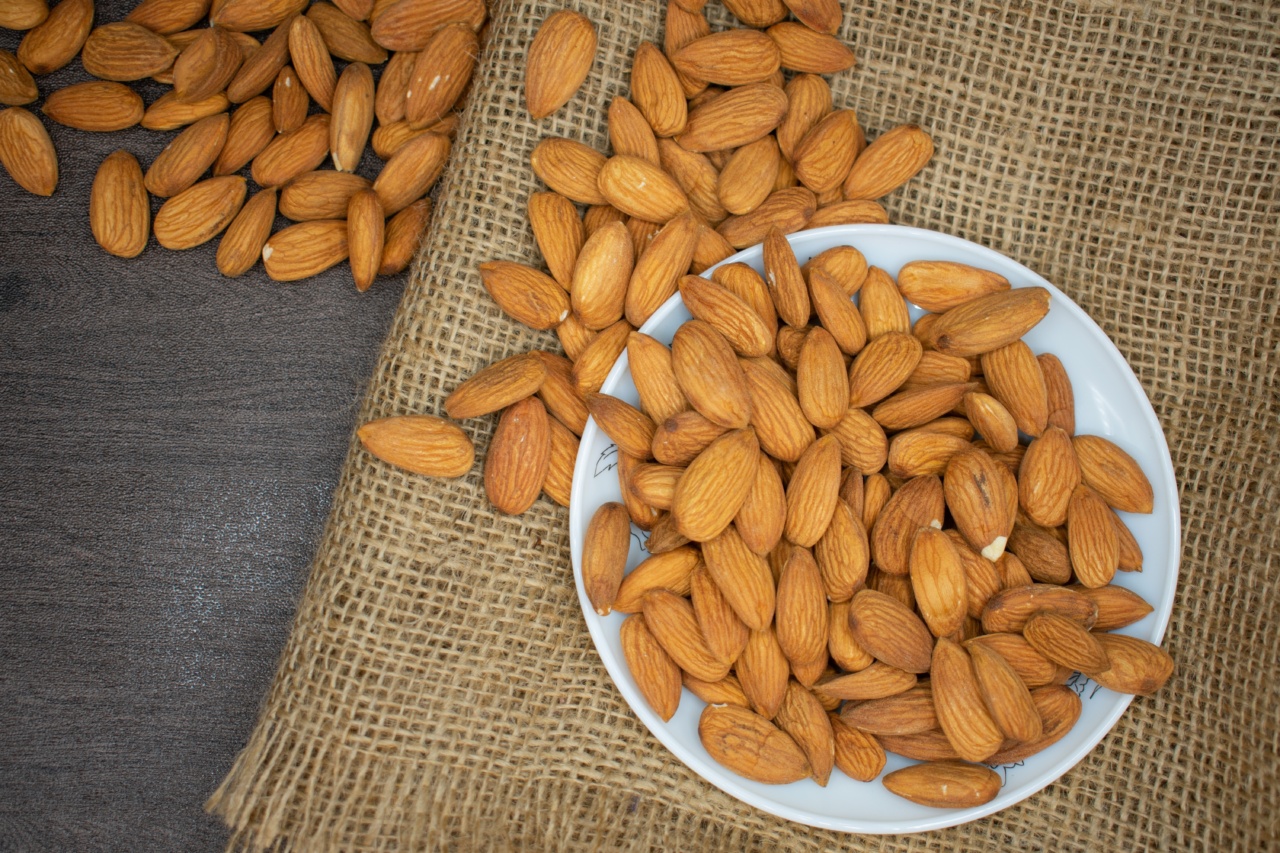Legumes have long been recognized as a valuable source of protein, especially for those following a vegetarian or vegan diet. From beans to lentils, these plant-based powerhouses offer a wide range of essential nutrients.
But have you ever heard of the often-forgotten legume that surpasses all others when it comes to protein power? Introducing the mighty lupin bean – a versatile and nutritious legume that deserves a place in your pantry.
What are Lupin Beans?
Lupin beans, also known as lupini beans, are the seeds of the lupinus genus of plants. These legumes have been cultivated for centuries and are considered a staple in various cuisines around the world, including Mediterranean and South American.
While lupin beans come in different varieties, the most common ones used for consumption are the sweet lupins (Lupinus albus) and the bitter lupins (Lupinus angustifolius).
Nutritional Powerhouse
One of the key reasons why lupin beans stand out among other legumes is their exceptional nutritional profile. These tiny beans are packed with protein, fiber, vitamins, and minerals.
In fact, they contain a whopping 36 grams of protein per 100 grams, making them one of the highest plant-based protein sources available.
Protein Power
If you’re looking to boost your protein intake, lupin beans can be a game-changer. The high protein content in lupin beans makes them an excellent choice for vegetarians and vegans looking to meet their daily protein needs.
Protein is essential for numerous bodily functions, including muscle maintenance and repair, enzyme production, and hormone synthesis.
Weight Management Aid
Not only are lupin beans rich in protein, but they also score high in terms of fiber content. Fiber plays a crucial role in promoting satiety, which can aid in weight management.
When you consume foods high in fiber, like lupin beans, you feel fuller for longer durations, reducing the chances of overeating and unnecessary snacking.
Heart-Healthy Legume
Lupin beans are a heart-friendly legume, thanks to their impressive nutrient profile. They are naturally low in cholesterol, saturated fat, and sodium, making them an excellent choice for individuals aiming to maintain heart health.
Additionally, the fiber content in lupin beans helps to control blood cholesterol levels by reducing the absorption of cholesterol in the digestive tract.
Rich in Essential Minerals
Aside from being an incredible source of protein and fiber, lupin beans are also packed with essential minerals. These legumes are particularly abundant in potassium, magnesium, and calcium.
Potassium is crucial for maintaining proper heart and muscle function, while magnesium plays a vital role in bone health and energy production. Calcium, known for its importance in building strong bones, also contributes to nerve transmission and muscle function.
Versatile Culinary Ingredient
Lupin beans’ versatility extends beyond their nutritional value. These legumes can be utilized in various culinary creations, allowing you to explore numerous flavor profiles and culinary traditions.
Lupin beans can be boiled, roasted, or even ground into flour to be used as a gluten-free alternative. They can be added to soups, stews, salads, or even used as a nutritious base for dips and spreads.
Caution for Consumption
While lupin beans offer numerous health benefits, it is important to note that they may not be suitable for everyone.
Some individuals may have allergic reactions to lupin beans, especially those with peanut allergies, as they belong to the same botanical family. If you have any food allergies or concerns, it is advisable to consult with a healthcare professional before incorporating lupin beans into your diet.
Conclusion
When it comes to plant-based protein sources, lupin beans surpass most other legumes in their protein power. These versatile and nutritious legumes offer a range of health benefits, from promoting weight management to supporting heart health.
With their impressive nutritional profile and culinary adaptability, lupin beans are a legume worth rediscovering for their protein-rich goodness.






























